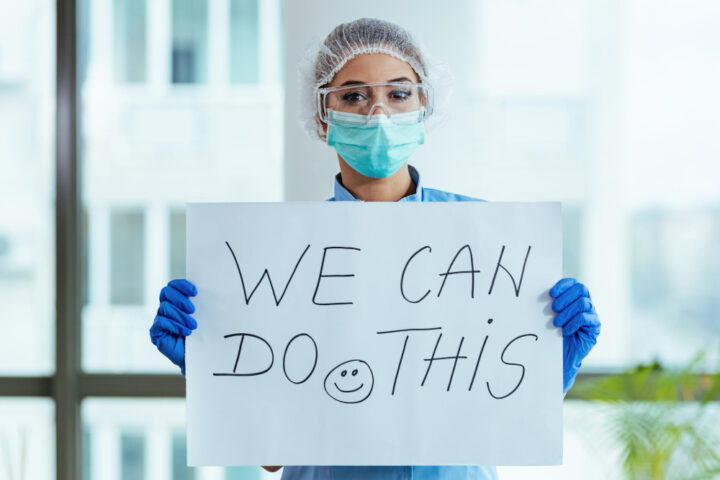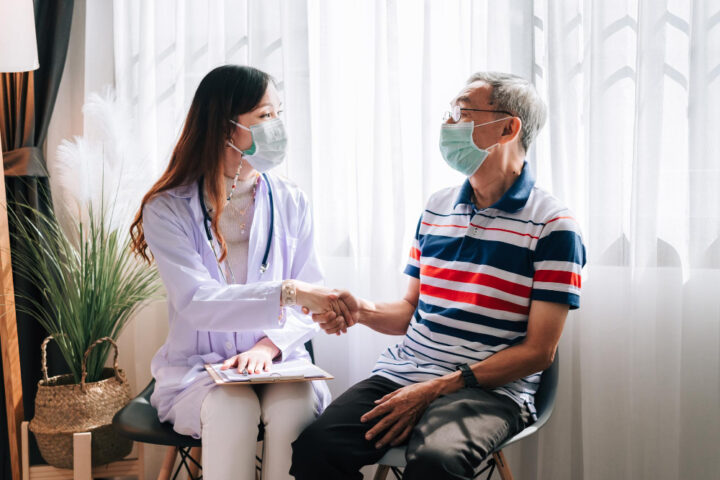This COVID-19 pandemic brought misery, loss to many. Some lost work, their source of income while others lost a loved one. Both are devastating and causes grief. While grief is a normal response to a lost, grieving is specially difficult this pandemic. When a love one dies for example, the isolation and social distancing prevents us from mourning with others. Mourning with others facilitates the process of grieving. Going through the usual routine process of grieving is difficult or disrupted and recovery from grief is made even more difficult and or prolonged.
My grief stealthily started as a mountain of unfinished work and bad decisions. The constant fear of contracting COVID hovers as we battle on the frontlines. Stress and burnout mounted, albeit I was pretty sure I still can thrive. Then someone left and my mom died after a prolonged battle with diabetes. Grief slip into depression. I didn’t have any idea how I to unstuck myself from prolonged grief. Luckily, some people reached out and I am so grateful I survived and is now healing. Or at least I think I am.
This is the topic of our #HealthXPh tweet chat this Saturday December 11, 2021 9PM Manila time.
T1. What are the telltale signs of grief, burnout or depression during COVID-19 pandemic?
On hindsight, the first step to recovery from grief and later, depression, is accepting the fact that you are grieving. I have several grieving episodes in my life before, but grief during pandemics was especially difficult. The presentation was different and was even “facilitated” by isolation and social distancing. Social communication of grief is also quite awkward and is more difficult than face to face communication. This I observed in not a few close friends colleagues who are grieving too. Thus being “aware” that you are grieving this pandemic is a bit difficult or different.
T2. How would you navigate grief during this pandemic?
After accepting I was grieving, I started to reach out for help. I talked to friends, mentors, family and people that I trust and care for. Social media communication was very helpful. An escape from a toxic environment also helped me clear out confusion.
T3. What recovery tips can you offer to grieving persons?
Accept it and ask for help. A differing, positive perspective or revelations really helped a lot for me. Self love is ok, but giving care is even more healing. It also helps to express grief to others who are undergoing through the same process of healing. I also started to go back to activities I loved and enjoyed before.
After going through the process of grieving and healing, I realized grieving in this pandemic is almost always a constant. What makes it bearable is that it probably is be a a new normal grieving process for a longer time than expected. Then accepting it as it happens and how we cope with it might be really different from what we knew before.
Image by Freepik












